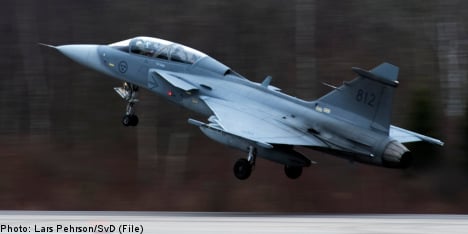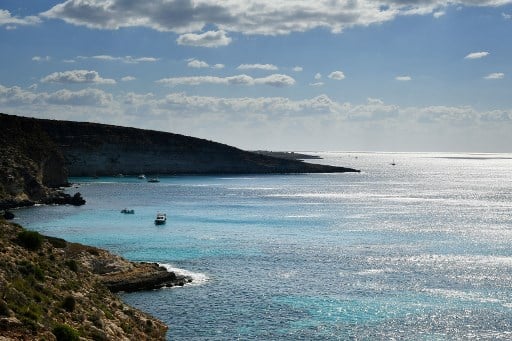The three JAS Gripen fighters, of a total nine aircraft pledged by Sweden,
took off at 10.00am from the Ronneby base on Sweden’s southern
coast, army spokesman Rickard Wissman told AFP.
Another five Gripens and a C-130 Hercules usable for mid-air refueling were
to leave early Sunday, he said.
“Those that come first can in principal start to work already on Sunday, but it’s up to NATO to decide when that will happen,” Wissman told news agency TT
The deployment, decided Tuesday by the Swedish government, won
parliamentary approval on Friday.
Sweden’s role will be limited to enforcing the no-fly zone over Libya and
will not involve any ground strikes as demanded by the left-wing opposition.
The mission involving some 130 support troops will fly under NATO command
and last three months at most. Wissman said Sweden would also provide “reconnaissance means” in a form to be decided.
Sweden is not a member of NATO, although it has been in NATO’s
Partnership for Peace programme since 1994 and has contributed some 500 troops to the alliance’s International Security Assistance Force (ISAF) force in
Afghanistan.
Sweden also took part in operations in Kosovo.
Nevertheless Sweden’s air force has not been involved in action since it
took part in a UN-mandated operation in the then Belgian Congo from 1961-63.
The Libyan operation will be the first combat tour for the JAS Gripen 39,
produced by the Swedish defence group Saab.
Sweden’s Nordic neighbours Denmark and Norway are already taking part in
Libyan air operations.



 Please whitelist us to continue reading.
Please whitelist us to continue reading.
Member comments